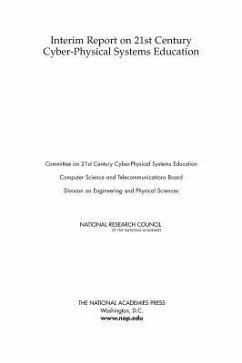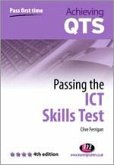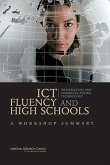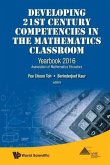Cyber-physical systems (CPS) are increasingly relied on to provide the functionality and value to products, systems, and infrastructure in sectors including transportation, health care, manufacturing, and electrical power generation and distribution. CPS are smart, networked systems with embedded sensors, computer processors, and actuators that sense and interact with the physical world; support real-time, guaranteed performance; and are often found in critical applications. Cyber-physical systems have the potential to provide much richer functionality, including efficiency, flexibility, autonomy, and reliability, than systems that are loosely coupled, discrete, or manually operated, but also can create vulnerability related to security and reliability. Advances in CPS could yield systems that can communicate and respond faster than humans; enable better control and coordination of large-scale systems, such as the electrical grid or traffic controls; improve the efficiency of systems; and enable advances in many areas of science. As CPS become more pervasive, so too will demand for a workforce with the capacity and capability to design, develop, and maintain them. Building on its research program in CPS, the National Science Foundation (NSF) has begun to explore requirements for education and training. As part of that exploration, NSF asked the National Research Council of the National Academies to study the topic. Two workshops were convened in 2014, on April 30 and October 2-3 in Washington, D.C., to explore the knowledge and skills required for CPS work, education, and training requirements and possible approaches to retooling engineering and computer science programs and curricula to meet these needs. Interim Report on 21st Century Cyber-Physical Systems Education highlights emerging themes and summarizes related discussions from the workshops.
Hinweis: Dieser Artikel kann nur an eine deutsche Lieferadresse ausgeliefert werden.
Hinweis: Dieser Artikel kann nur an eine deutsche Lieferadresse ausgeliefert werden.








